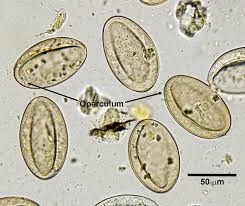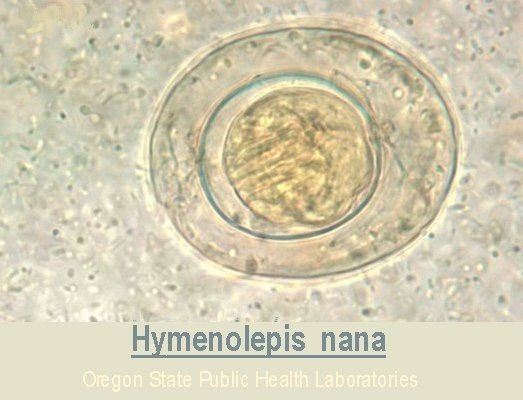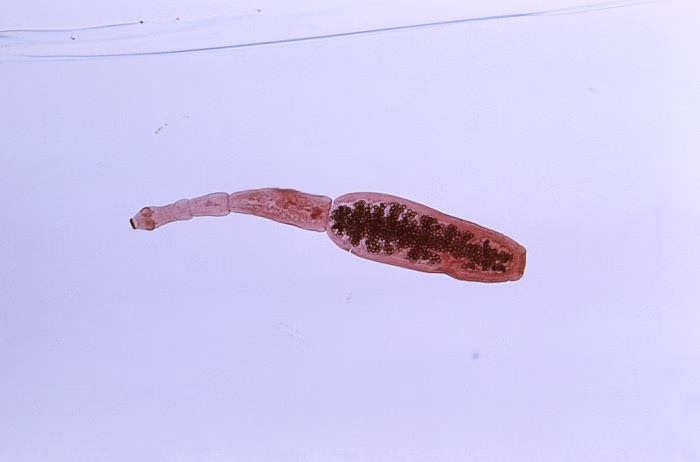
Introduction The Papanicolaou stain is one of the most important cytological staining techniques used in diagnostic pathology. Dr. George Papanicolaou developed it and is primarily employed in the screening and Read More ……..
Simplifying Allied Health Learning.

Introduction The Papanicolaou stain is one of the most important cytological staining techniques used in diagnostic pathology. Dr. George Papanicolaou developed it and is primarily employed in the screening and Read More ……..

Introduction Cytological staining plays a fundamental role in clinical diagnostics by enhancing the visualization of cellular components. The May Grünwald Giemsa (MGG) staining technique is a dual stain method commonly Read More ……..

Diphyllobothrium latum, commonly known as the broad fish tapeworm, is one of the largest tapeworm species infecting humans. It primarily resides in the small intestine of humans and other carnivorous Read More ……..

Hymenolepis nana, commonly known as the dwarf tapeworm, is a parasitic tapeworm that primarily infects humans and is one of the most common tapeworms infecting humans worldwide, especially in areas Read More ……..

Echinococcus is a genus of parasitic tapeworms belonging to the family Taeniidae, and it causes a disease known as echinococcosis or hydatid disease. The genus includes several species, with Echinococcus Read More ……..